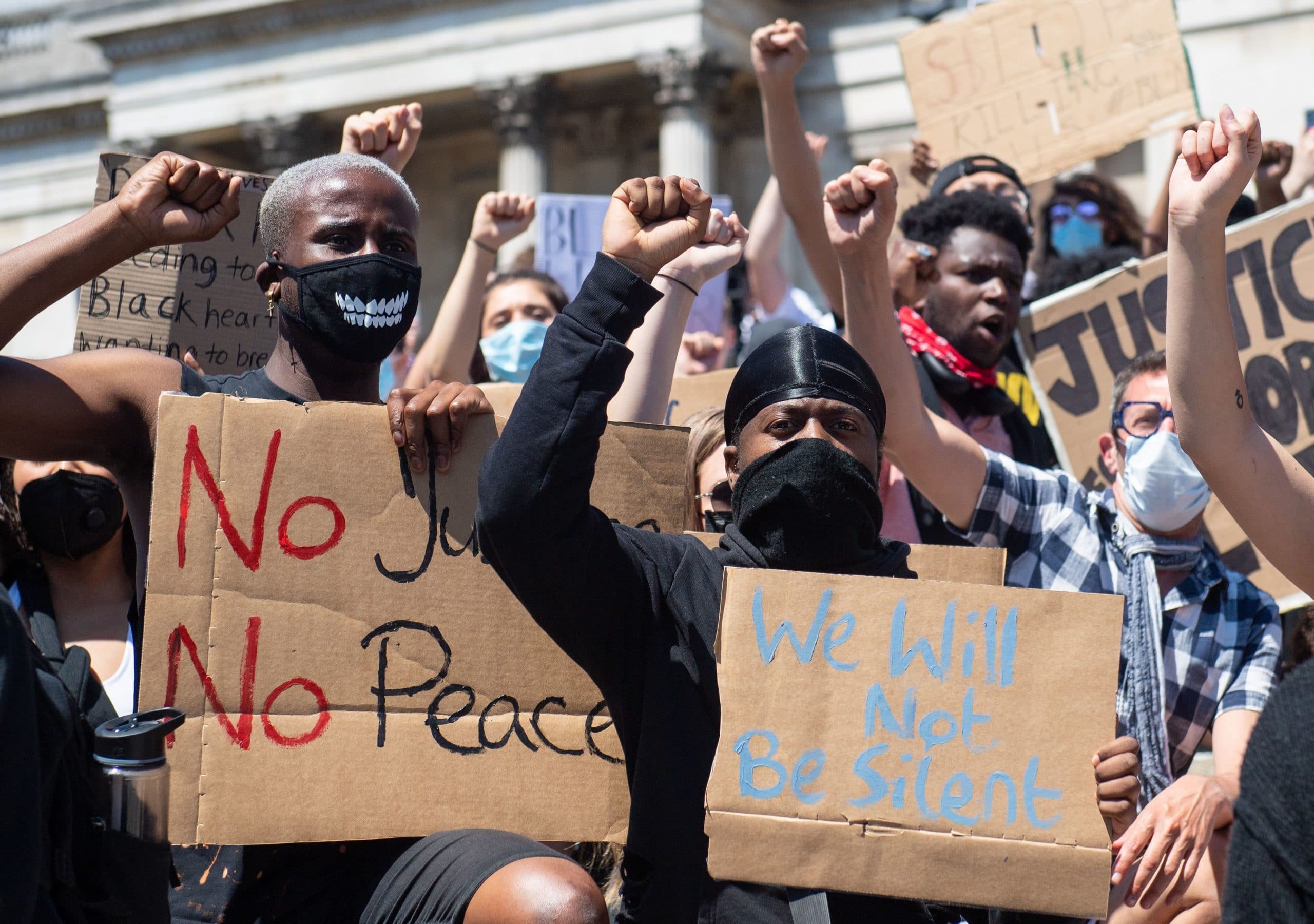The Queen of Grief and Secrets
Kevin Godlington
Former soldier Kevin Godlington – a royal sceptic - on why he served the Queen for his entire career and why her loss is such a profound loss in other ways the public may not realise...
I’m not a royalist, I never have been, and I never will be. It’s apparent to me that a hierarchical non-egalitarian-meritocratic family line bathed in wealth and originating from the notion that they are somehow gods, and rule by divine right, is absurd and nonsensical on almost every level. This is perhaps why I did not expect to find myself writing this on the death of our sovereign. But this isn’t about that, many things are absurd and still real. This is about lifelong service. It is also about the last of probably a thousand years of lineage and history. It is a momentous occasion to try and appreciate something that for most of us is impossible to comprehend. That is, how somebody with profound privilege and entitlement, proved to serve so selflessly so beautifully, and gave so much hope and structure to so many in a country and world rife with divided popularism. The Queen, through her personality and actions, bridged many divisions and social gaps.
The outpourings of international solidarity came thick and fast: the beautifully classy statement by the French president, the deeply moving US presidential visit to the embassy in Washington by Biden, who knew the queen for forty years! Even the ridiculousness of the tearful romp-out that the Canadian attention-seeking president espoused, or the appallingly thirsty and needy Archbishop of Banterbury – sorry Canterbury – told us how important the Queen was to our global family of sisters and brothers.
Of course, the usual 24/7 regurgitations on the BBC, of has-been Prime Ministers, wanting some more air time, and the predictable diatribe of black-wearing-posh-folk pretending to understand how the royal dynasty works, chattering and clattering out in the plumlike voices with the same stories, the identical shit we heard at every Jubilee. Boring. Then there were the haters, the stupids and the fantasists.
In 1992, aged sixteen, I took the oath of allegiance to Queen Elizabeth, as I entered army service, a lifelong obligation to serve her and her heirs against all enemies. I took that seriously and recognised that we can, as agnostic humanist mortals, affirm our purpose to a higher alter without believing in god, divinity or class. Largely because she was our boss throughout my service in the military, my Commander-in-Chief, I was and have always been happy with her presence, her purpose and her separation almost to reality. In many ways she WAS a god. Untouchable, out of reach, yet all powerful and purposeful and pure. An Illusion? Or reality? Does it matter?
Nevertheless, I still found the whole process of monarchy absurd. All things being equal, as I look back on my meetings with so many of the Royals over the years including her Majesty herself, I think how simply ridiculous it must be to spend your whole life shaking hands and wandering around being held on such a pedestal.
Once we see how much lesser, how reduced, the coronation of King Charles will be, and see that we are moving towards a secular republican system of governance, one where our constitutional monarchy will have to be revised considerably for the future, (if it is survive at all), it will bring into clarity just how special the Queen was. How lasting her memory will be. But before we get ahead of ourselves and start talking about constitutional reform I want to simply say a few words as to why I personally think that Queen Elizabeth was quite probably the greatest diplomat in the history of the developed world.
Not only has she met more world leaders than any other diplomat, ever, but for over seventy years she received the very deepest secrets of our state in a little red box once a week. In this box were situation-reports that were shared with the Prime Minister and some of the Cabinet, not all: as Queen she was entitled to receive superbly confidential and secret information unbroken throughout her reign, about what was going on in the world, often shared by the United States’ CIA. Meaning that for nearly seven decades, one tiny woman sat in a rattling palace reading our darkest secrets about current affairs and threats. When collated against decades of information and data, she had more appraised knowledge – had more awareness of what was going on the planet – than arguably any other human being on earth. That in itself is remarkable. And, not once did she utter a word about it! Queen Elizabeth died with the historical secrets of the world and its leaders unspoken, she never grassed or bubbled – even to her own children or staff. Countless Presidents and Prime Ministers sought her counsel because of this very fact, knowing she would never breathe a word about it.
More remarkable, and probably something that people know much less about, are some of the hidden tales of when the Queen had to meet people who were in the throes of profound grief.
There is a deeply moving story told by her policeman, her Royal Protection officer who in the days after the Dunblane massacre (where sixteen children were sliced to pieces with a gunman’s bullets), she insisted on meeting the parents. She put her handbag down and looked her policeman in the eye before walking into the vestry at Dunblane, where a little room had been set up for the parents. No one else entered but the Queen. All her staff could hear was the howling and screaming of mothers who fell into the arms of the Queen. When it was over, she came out of vestry, picked up her handbag and went to the toilet. In the bathroom her policeman could hear her sobbing.
Throughout the wars that run the full catalogue of British history, from the Falklands to the first Persian Gulf, to Iraq and Afghanistan to Northern Ireland where her own dear uncle was blown apart by the IRA, she would meet the mothers and the wives of thousands (over the years) of servicemen and women who died in combat. She would hold their hand, and she would hear how these mothers and his wives would now try and come to terms with moving on with their lives having lost the person they loved most.
Aside from the garden parties and all the pomp and circumstance of the trooping of the colour, the 70 years of 400 engagements a year pale into insignificance, it is these moments where she was the listening post for grief, where she was the confidant of everybody’s secrets and everybody’s loss, that she commands my most innate respect.
It is how I choose to remember her, it is what I want to think of when I think of Queen Elizabeth, how she became the nation’s ever loyal, constant and ever listening counsellor.

Join The Book of Man
Sign up to our newsletter for the latest from the frontline of modern masculinity.
Trending

Join The Book of Man
Sign up to our daily newsletters to join the frontline of the revolution in masculinity.

















